GLUTEN
- CAS NO.:8002-80-0
- Molecular Weight: 0
- MDL number: MFCD00131201
- EINECS: 232-317-7
- SAFETY DATA SHEET (SDS)
- Update Date: 2025-10-23 17:25:30
What is GLUTEN?
The Uses of GLUTEN
Gluten is a protein complex formed when water is kneaded with wheat flour which brings about the removal of a large portion of the starch. it forms the elastic framework of dough, entrapping the gas produced by the fermentation of leavening action which results in a risen dough of desired loaf volume and structure. gliadin is of lower molecular weight and provides extensibility as compared to glutenin, which is of higher molecular weight and contributes elas- ticity. gluten is available as wheat gluten, corn gluten, and zein. vital wheat gluten is the most widely used. see wheat gluten.
The Uses of GLUTEN
Special breakfast foods and other cereals and foods, cattle food, adhesives, production of certain amino acids.
The Uses of GLUTEN
Wheat Gluten is the water-insoluble complex protein fraction sepa- rated from wheat flours. gum gluten is wheat gluten in its freshly extracted wet form. dry gluten is approximately 70–80% protein but is deficient in the amino acid lysine. it absorbs two to three times its weight in water. the differences in properties of wheat glu- ten in comparison to almost all other food proteins are largely due to the low polarity level of the total amino acid structure. most food proteins have polar group levels of 30–45% and have a net negative charge, while wheat gluten has a polar group level of approximately 10% with a net positive charge. this results in the repulsion of excess water and the close association of the wheat gluten molecules and resistance to dispersion. in baked goods, this results in the ability to form adhesive, cohesive masses, films, and three-dimensional net- works. gluten formation is utilized in the baking industry to impart dough strength, gas retention, structure, water absorption, and retention with breads, cakes, doughnuts, and so on. it is also used as a formulation aid, binder, filler, and tableting aid. see gluten; vital wheat gluten.
Definition
A mixture of many proteins in which gliadin, glutenin, globulin, and albumin predominate; it occurs in highest percentage in wheat (Manitoba wheat contains approximately 12%) and also to some extent in other cereal grains, usually associated with starch.
General Description
Gluten forms the chief storage protein fraction in a mature wheat grain. Gluten proteins can be divided into three main groups: high molecular weight glutenin subunits (HMW-GS), low molecular weight glutenin subunits (LMW-GS), and gliadins. Gluten has a great impact on the quality of a whole range of cereal-based foods.
Safety Profile
When heated to decomposition it emits acrid smoke and irritating fumes.
Properties of GLUTEN
| Density | 1.1 g/cm3 |
| form | powder to crystal |
| color | White to Gray to Brown |
| PH | pH : 6.12 |
| Merck | 14,4476 |
| EPA Substance Registry System | Glutens (8002-80-0) |
Safety information for GLUTEN
Computed Descriptors for GLUTEN
GLUTEN manufacturer
New Products
Indole Methyl Resin tert-butyl 9-methoxy-3-azaspiro[5.5]undecane-3-carboxylate Boc-His(Boc)-OH 2-CTC Resin 4-Chloro-7-tosy1-7Hpyrrolo[2,3-d]pyrimidine 5,7-Dibromo-1H-indole 2,5-dichloro-N-hydroxy-4,6-dimethylpyridine-3-carboximidamide 2,2-Dimethoxy-7-azaspiro[3.5]nonane hydrochloride 4-chloromethyl-5-methyl-1,3-dioxol-2-one (DMDO-Cl) R-2-BENZYLOXY PROPIONIC ACID 1,1’-CARBONYLDIIMIDAZOLE 1,1’-CARBONYLDI (1,2-4 TRIAZOLE) N-METHYL INDAZOLE-3-CARBOXYLIC ACID 4-((2-hydroxyethyl)thio)benzoic acid 1-(TERT-BUTOXYCARBONYL)-2-PYRROLIDINONE Methyl 6-methylnicotinate 3-Pyridineacrylic acid tert-Butyl carbazate TETRAHYDRO-2H-PYRAN-3-OL 2-((4-morpholinophenylamino) (methylthio) methylene) malononitrile 3-(4-morpholinophenylamino)-5-amino-1H-pyrazole-4-carbonitrile 2,4-dihydroxybenzaldehyde 1,3-Diethyl-1,3-Diphenylurea Methyl 2-methylquinoline-6-carboxylateRelated products of tetrahydrofuran




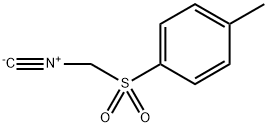



You may like
-
 Gluten, from wheat CAS 8002-80-0View Details
Gluten, from wheat CAS 8002-80-0View Details
8002-80-0 -
 Gluten from Wheat CAS 8002-80-0View Details
Gluten from Wheat CAS 8002-80-0View Details
8002-80-0 -
 Gluten from wheat CAS 8002-80-0View Details
Gluten from wheat CAS 8002-80-0View Details
8002-80-0 -
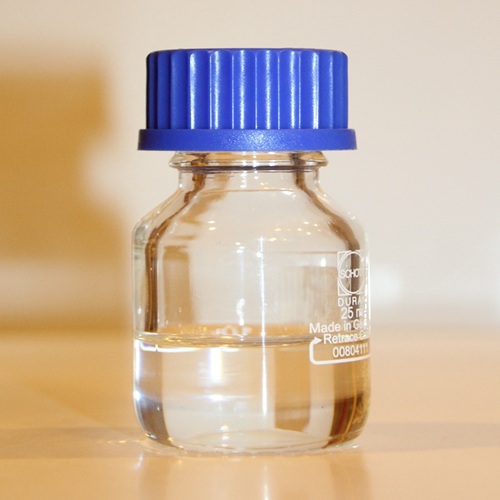 Pyridine 99.5% HPLC /UV SpectroscopyView Details
Pyridine 99.5% HPLC /UV SpectroscopyView Details
110-86-1 -
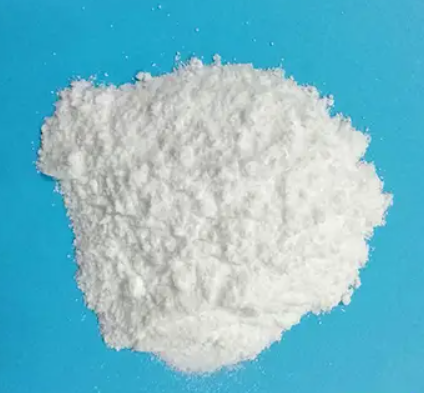 Piperazine Spot supply, best priceView Details
Piperazine Spot supply, best priceView Details
110-85-0 -
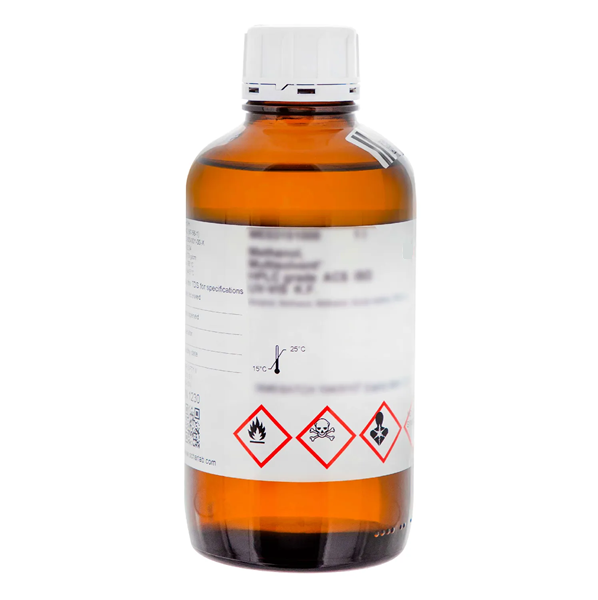 Dibutyl PhthalateView Details
Dibutyl PhthalateView Details
84-74-2 -
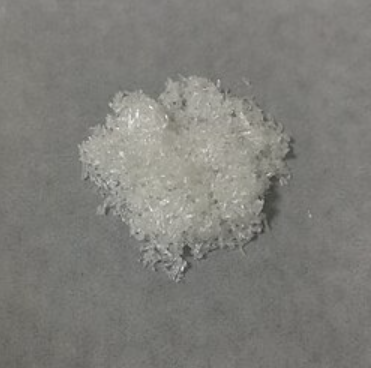 Imidazole Spot supply, competitive priceView Details
Imidazole Spot supply, competitive priceView Details
288-32-4 -
 Thiourea 99% ARView Details
Thiourea 99% ARView Details
62-56-6
